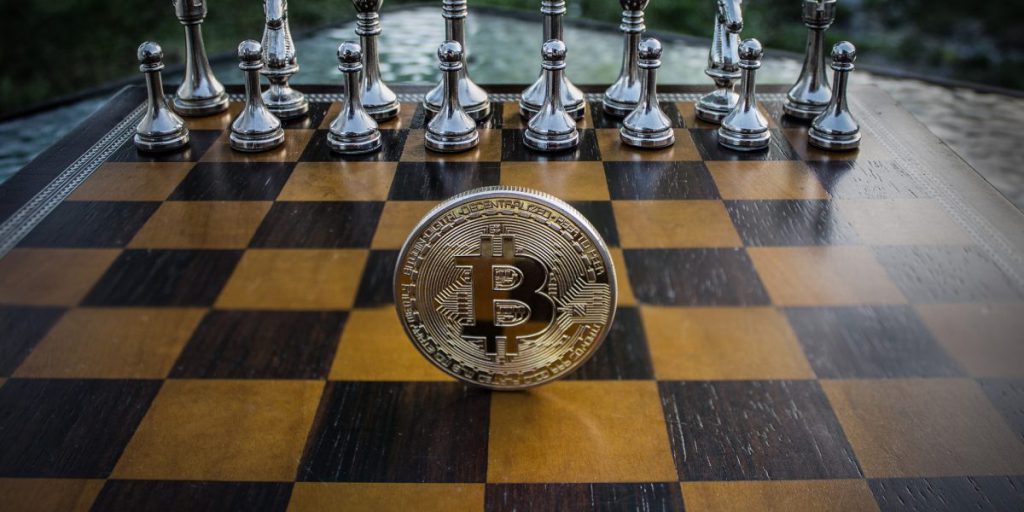- PayPal dropped a newly introduced policy following angry outbursts from its users and top stakeholders such as Elon Musk.
- Some crypto community members argue that the action could have boosted crypto adoption.
Crypto Twitter believes that PayPal’s misinformation policy could cause greater crypto adoption. Recently, PayPal issued a policy (named PayPal’s acceptable use policy, AUP) where it could sanction users for misinformation. Any person it deems guilty would have to pay up to $2,500 in fines.
The payments giant said that it no longer allows any activities that involve posting, publishing, or sending content, materials, or messages that misinform users or are liable to cause a risk to users’ well-being or safety. PayPal added that there would be an independent review committee for various offenses, and any guilty user may have to pay fines (up to $2,500) for violation.
However, the company emphasized that the policy only applies to users’ actions on its platform. Unfortunately, many PayPal users and top stakeholders (including Elon Musk) of the platform expressed their huge dissatisfaction with the policy.
Former PayPal president David Marcus tweeted that the new policy means that PayPal can take its users’ money for expressing their disagreements with any company info. Then, PayPal co-founder, Elon Musk, agreed with Marcus’ submissions with the word “Agreed.”
It’s hard for me to openly criticize a company I used to love and gave so much to. But @PayPal’s new AUP goes against everything I believe in. A private company now gets to decide to take your money if you say something they disagree with. Insanity. https://t.co/Gzf8faChUb
— David Marcus (@davidmarcus) October 8, 2022
Sid Powell, a co-founder of Maple Finance, said this issue proves that it is now more critical than ever for each individual to have custody of their funds. A PayPal spokesperson stated that the electronic payment firm never intended to fine people for misinformation, and such language wasn’t included in the policy. Then, he added, “we are sorry for causing any confusion.”
Some crypto community members support the policy
Nevertheless, some crypto community members argue that PayPal’s now-canceled policy could have attracted more people into the crypto space. Host of the crypto podcast, Empire, Santiago Santos, tweeted that PayPal’s censoring speech and fines would have been the best that has happened for crypto payment adoption with stablecoins.
He further said Web3 adoption would happen faster because many Web2 companies are reckless. Bianco Research president, Jim Bianco, agreed with Santos, saying, “crypto fixes this.” James Lavish, a famous hedge fund manager, added that the PayPal policy hints at what people should expect from CBDCs.
You think PayPal is bad. Wait until you see what they can do with CBDCs.
— James Lavish (@jameslavish) October 9, 2022
Meanwhile, many Bitcoin advocates argue that many cryptos won’t solve the problem of censorship. They explained that all tokens (apart from Bitcoin) are prone to censorship since they are mostly centralized. These Bitcoin advocates cited recent examples such as the recent BNB chain halt, the sanction on tornado cash by the US OFAC (Office Of Foreign Assets Control), and Canada’s seizure of crypto assets belonging to members that participated in the freedom convoy protest.
While the policy would be the first time that PayPal would fine users over “misinformation,” PayPal isn’t new to cutting off ties with partners with whom it doesn’t share similar political ideologies. In October 2020, it de-platformed Epik (a domain registrar) for providing services to conservative groups such as the proud boys.


